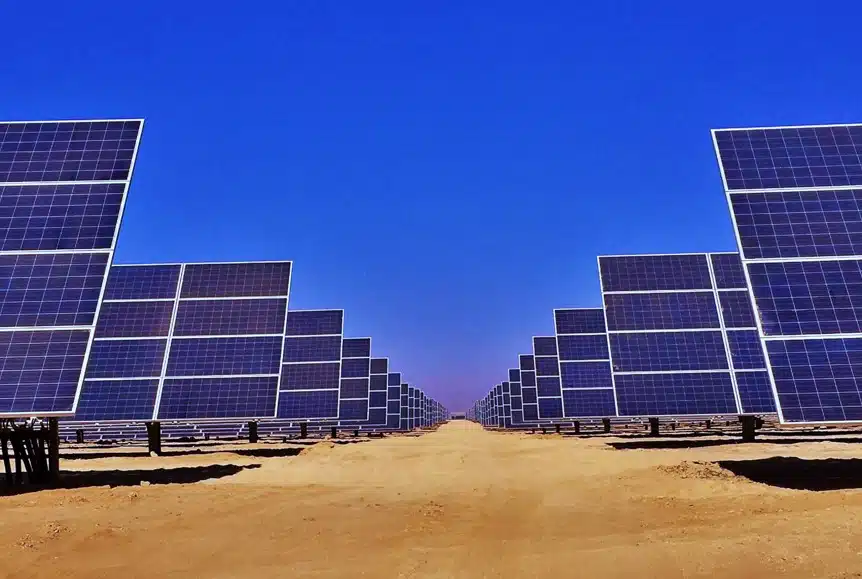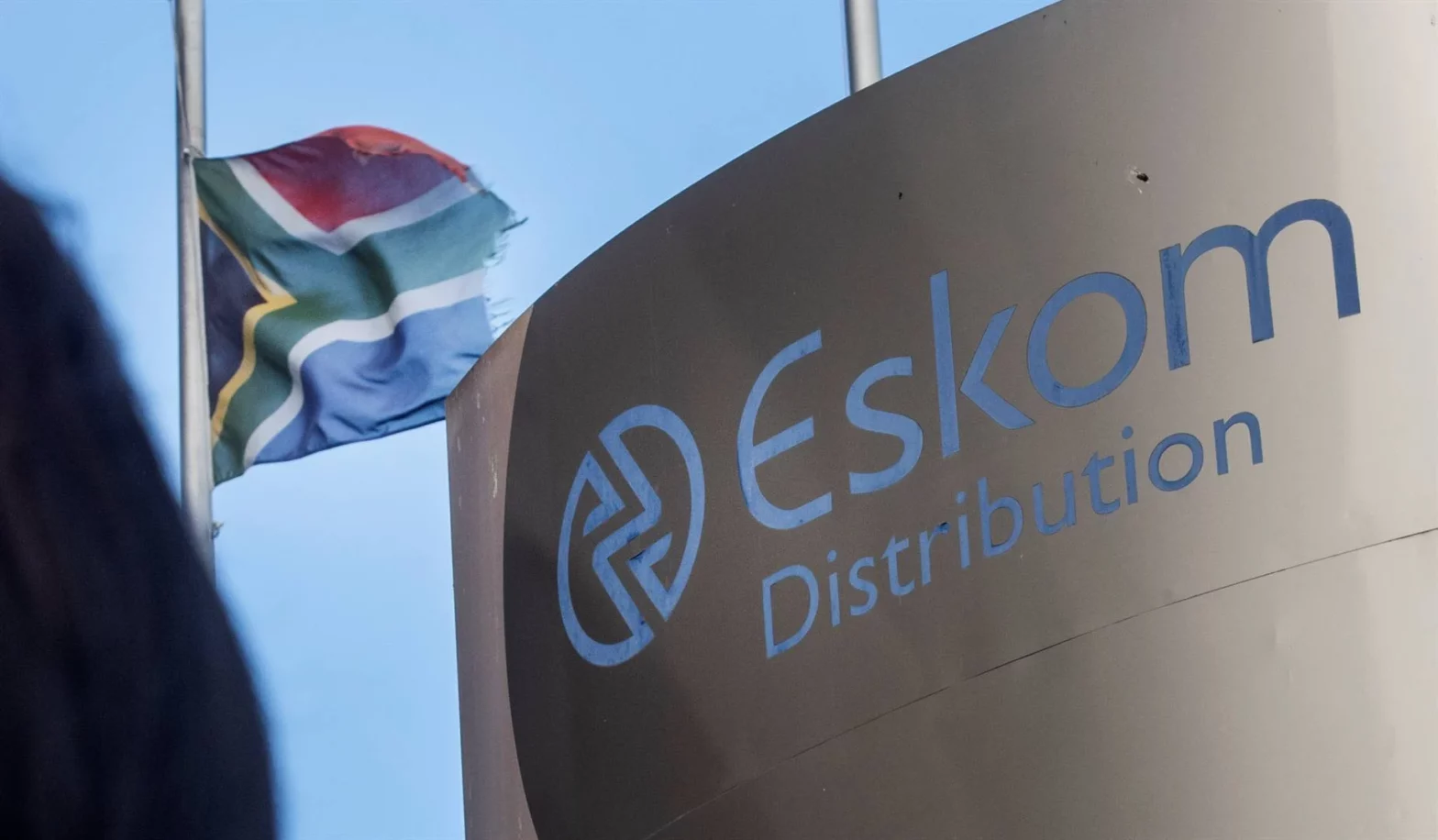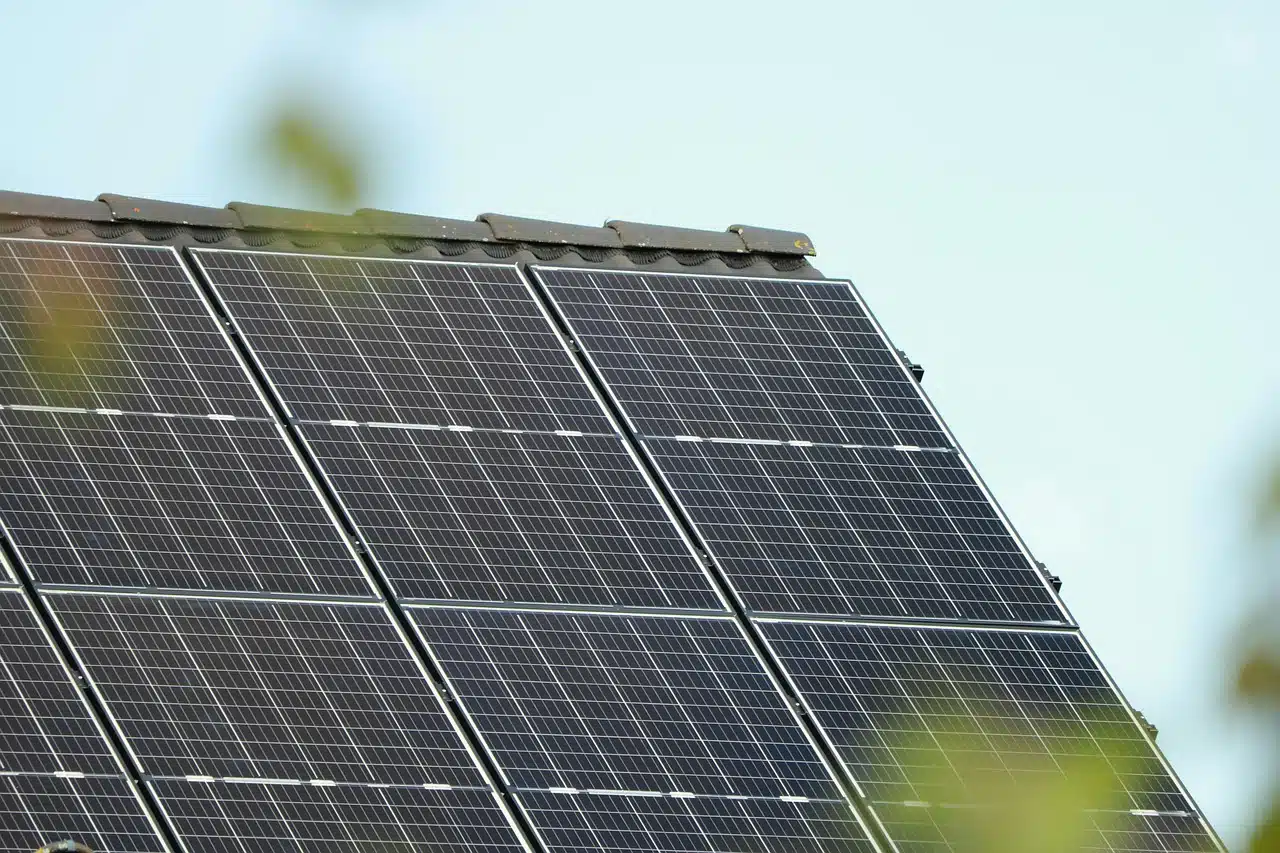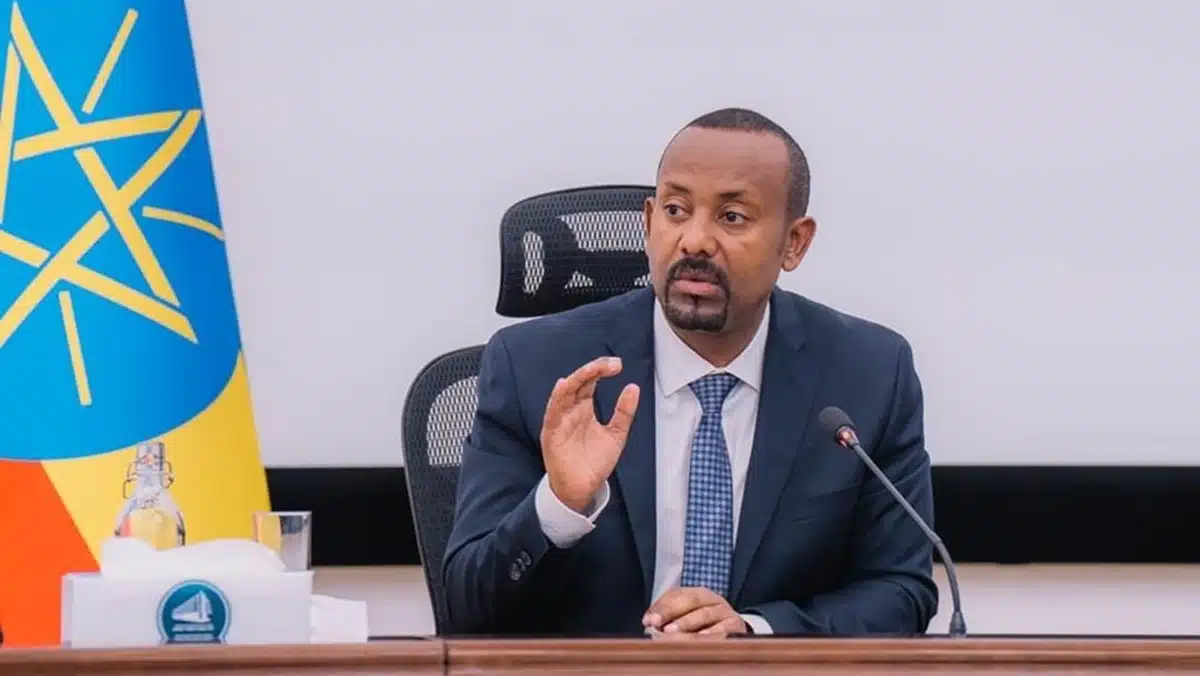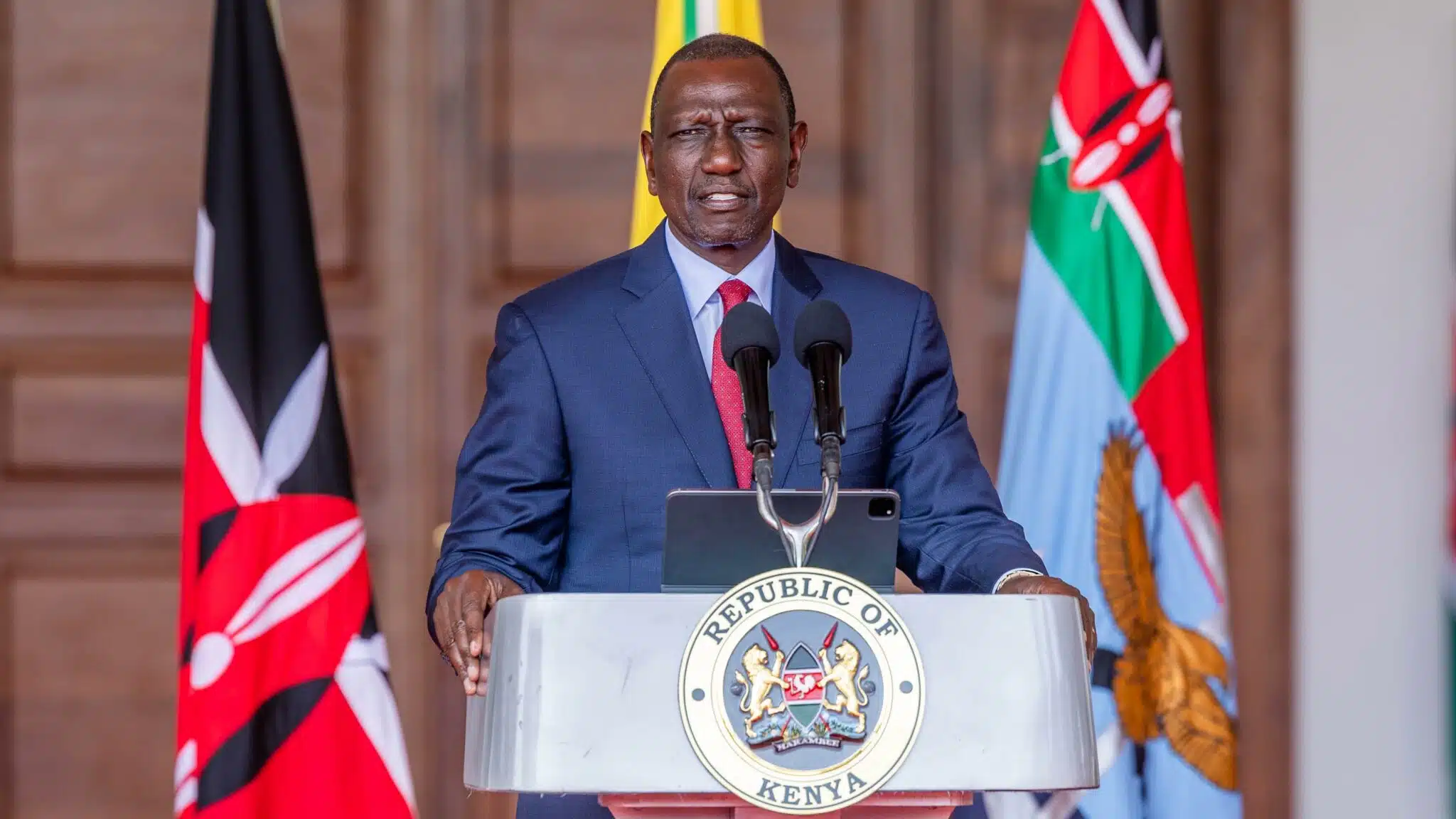The government of Zambia has reduced the approval period for solar project applications from over six months to just 48 hours in a bid to encourage private sector investment in the country’s renewable energy.
In a statement on Monday by Zambia’s Ministry Energy’s Principal Public Relations Officer, Bob Sianjalika, the Ministry said this reform is part of efforts to meet the Presidential Directive of adding 1000 megawatts (MW) of solar energy to the national grid by the end of 2025.
By significantly reducing the approval period to 48 hours, the Zambia’s government has removed the lengthy administrative delays that previously hindered solar power project development.
The Zambian Minister of Energy, Makozo Chikote, said the decision is in line with the government’s commitment to supporting the growth of the solar energy sector by providing “an efficient, transparent, and investor-friendly environment”.
“This initiative forms part of the Ministry’s broader agenda to create an enabling environment for renewable energy investment.
“By simplifying procedures, investors can begin generating power sooner, resulting in quicker economic returns and improved energy access,” he said.
Mr. Chikote said the simplified process will help investors move forward faster and contribute to the accelerated expansion of solar power in Zambia.
Zambia’s electricity sector
Zambia is currently experiencing an electricity deficit, worsened by the severe drought of 2024, which exposed the dangers of overdependence on hydropower.
According to data from the International Energy Agency, renewables currently account for 88.9% of electricity generation in the country. On the other hand, about 99% of renewable energy generation comes from hydropower, with 0.8% from solar energy.
To reduce its overdependence on hydropower, Zambia is partnering with the World Bank and other international organisations to bring electricity to 8.5 million citizens by 2030 through off-grid solar solutions.
The country is also moving forward with the Zambia–Tanzania Power Interconnector Project, a transformative initiative aimed at enhancing energy security, promoting regional electricity trade, and supporting Zambia’s economic development.
The Zambia–Tanzania Power Interconnector brings numerous benefits to Zambia, the most important one being enhanced energy security.
By connecting to Tanzania’s power grid, Zambia gains an alternative electricity supply source, which the country needs now more than ever during the current domestic power deficits caused by droughts affecting hydropower production.

